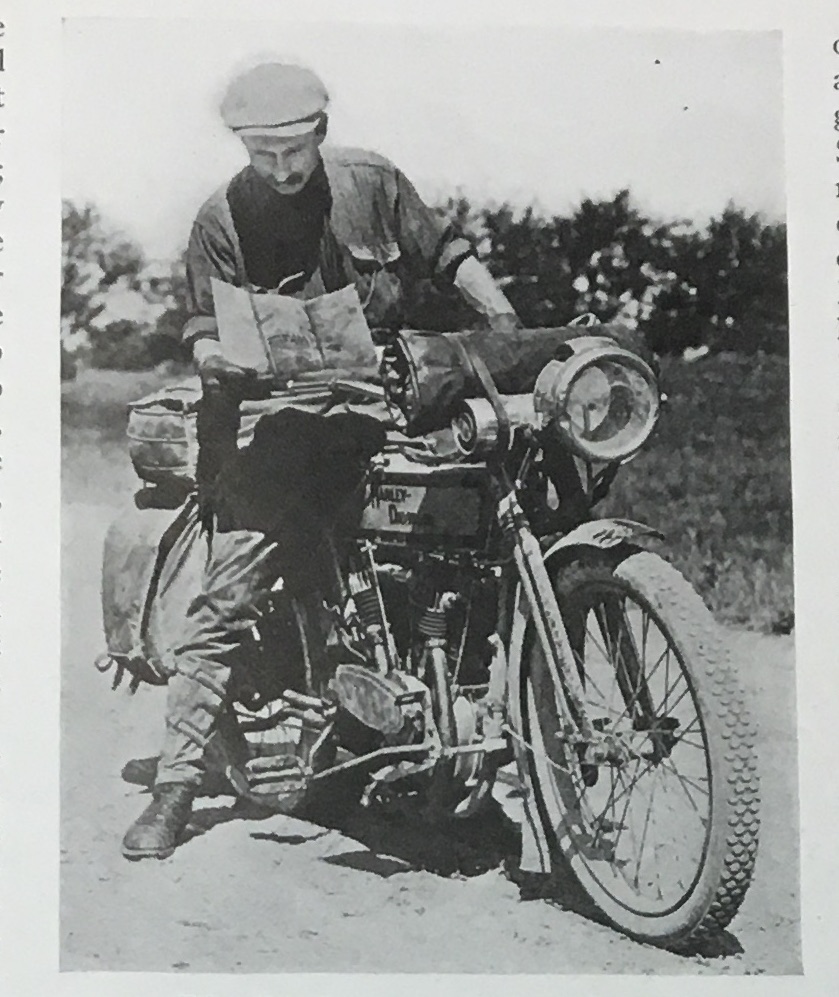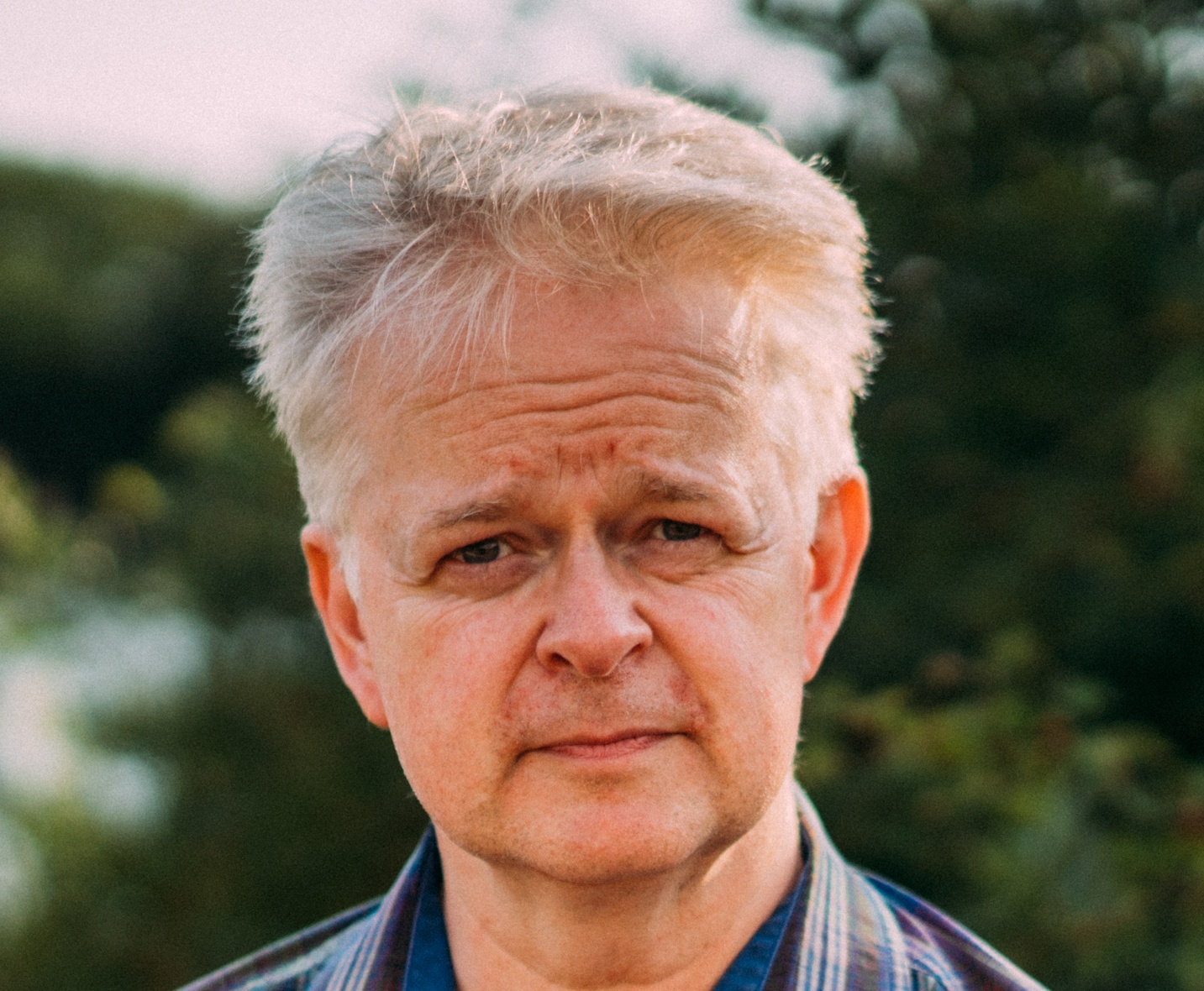
It has been nearly two years since a project with a different flavour from what I had done previously began. What started off as a writing project with the working title of “The Transcontinentalist” evolved into “Riding the Continent” and focused on motorcycle-naturalist Hamilton Mack Laing’s unpublished account of his crossing the continental United States of America on a Harley-Davidson he named “Barking Betsy.”
A few years ago I wrote a review for The Ormsby Review for editor and British Columbia historian Richard Mackie. When he saw in my writer’s bio that I wrote about my motorcycle travels across British Columbia he emailed me to suggest reading something tucked away in the files of BC Archives in Victoria. “It’s something you may be interested in,” he indicated. Would he ever be right!
Hamilton Mack Laing’s account would prove to be the richest piece of motorcycle travel writing I laid eyes on. The naturalist certainly had his own preference for travel companions: the towhees, red-headed woodpeckers and other winged friends he sought on his two wheeled travels. Indeed the two-wheeled steed would be his ideal kind of transportation for seeking out bird life, better than by the fixed route of a train or the inaccessible and clunky automobile. Although Laing sometimes found the “impudently” noisy motorcycle left something to be desired when it came to being stealthy, he found he could access nature as a freelance writer seeking out fodder for his articles best on his “gas-cart.”
I would learn much about this man, in my research at BC Archives and Comox Archives and Museum. I would learn about his trajectory as a naturalist; from his varied career on paid expeditions for the Smithsonian Institution and the National Museum. He would collect bird specimens for many institutions including the Royal BC Museum (then the Provincial Museum of B.C.) before adopting conservation, abandoning the motorcycle and automobile and settling into the Comox Valley on Vancouver Island, becoming aligned with nature, rallying against oil and becoming, arguably, BC’s first environmentalist. His life is one of change and activism.
His influence on me has been profound. I’ve found myself in touch and aware of the natural world as never before. I’ve been hiking more (I need the exercise and fresh air, too!) and enjoying the outdoor life. I’ve taken several hikes in and around Vancouver recently that have convinced me that I need to do more of that, not only to sustain my own physical and mental health, but also to connect with nature. For Laing, I realize motorcycling was a way of connecting with nature, but not the only way and as he got on in years he would travel by canoe and on foot. What he’s shown me is that the motorcycle is certainly one form of connected travel, but not the only one.
As I get older, and as my own commitment to and connection with family life deepens, I believe I need to come at travel into historic British Columbia with a more open mind. I can’t always get on the bike and leave for long periods anymore. A three-day outing is really the most I can manage these days. So in order to continue to write about historic BC and get out and about, I’m going to take on more regional travel, allowing for me to explore and write about this part of the province, including the Lower Mainland and Vancouver Island, as much as I can. It doesn’t mean I won’t be getting on the motorcycle on occasion, but the lack of exercise I get while on the motorbike is talking to me, and saying “get on your feet, and get moving!”
I feel a transition is coming on, one where I take on a variety of active travel. I know it’ll be better for me, and still allow for connection with historic British Columbia. This is what I’ve learned from Laing, and I hope he would approve.
